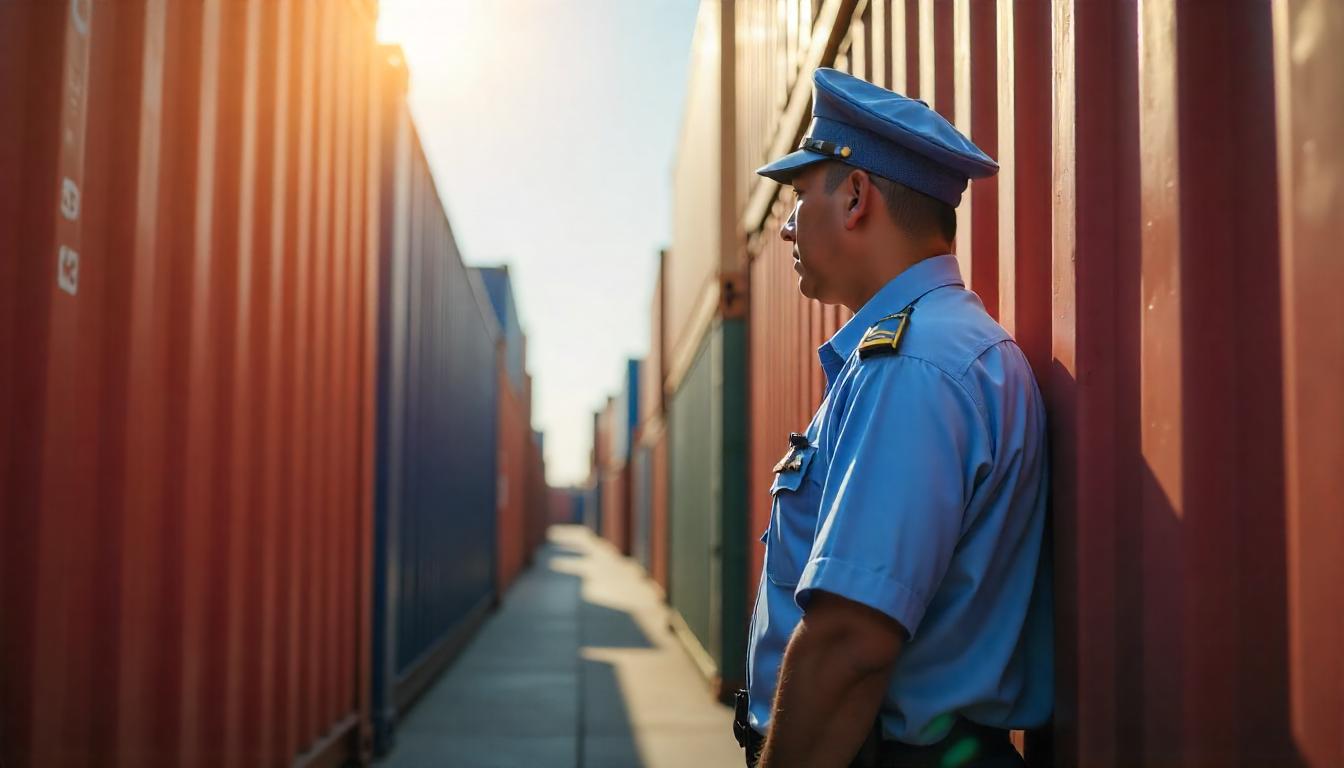Customs clearance is a fundamental aspect of global trade, ensuring that goods move seamlessly across international borders. It involves the approval of goods for import or export after verifying that all necessary documents and regulations have been met. The customs process, though often complex, is essential for maintaining the flow of trade while adhering to each country’s rules and regulations. Here’s why customs clearance is so critical to global trade:
1. Ensuring Legal Compliance
Customs clearance is essential for ensuring that goods comply with the laws and regulations of both the exporting and importing countries. Each country has its own set of rules regarding the importation of goods, including tariffs, taxes, and import restrictions. Failure to comply with these rules can result in delays, fines, or even the confiscation of goods. By ensuring compliance, customs clearance helps to avoid these potential pitfalls, ensuring that goods can enter or leave a country legally.
2. Facilitating International Trade
Customs clearance is what makes international trade possible. Without the proper customs procedures, goods cannot cross borders, and trade would come to a halt. The customs process ensures that all necessary documentation, such as invoices, certificates of origin, and packing lists, is in order before goods are allowed to proceed. By facilitating this process, customs clearance enables the smooth flow of goods between countries, helping businesses access new markets and customers.
3. Preventing Fraud and Smuggling
Customs authorities play a critical role in preventing fraud, smuggling, and the trafficking of illegal goods. Customs clearance ensures that shipments are thoroughly inspected to detect anything suspicious or illicit, such as counterfeit products or restricted items. This process not only protects the economy but also safeguards consumers and businesses from the negative impacts of illegal goods entering the market. By enforcing these security checks, customs clearance helps to maintain the integrity of global trade.
4. Managing Tariffs and Duties
Customs clearance is responsible for the accurate calculation and collection of tariffs and duties, which are taxes imposed on imports or exports. These duties vary depending on the type of product, its value, and its origin. Customs authorities ensure that tariffs are paid according to the correct classification and that the proper duty rates are applied. The accurate calculation of tariffs is crucial for businesses to avoid overpaying or underpaying, which can result in delays, fines, or penalties.
5. Protecting National Security
One of the primary roles of customs clearance is to protect a country’s borders and national security. Customs authorities examine goods to ensure they do not pose any security threats. This includes inspecting shipments for weapons, hazardous materials, or items that could be used for illegal purposes. By screening goods for potential security risks, customs clearance helps to prevent the illegal flow of dangerous items, contributing to the safety and security of the importing country.
6. Streamlining the Supply Chain
Efficient customs clearance can significantly streamline the global supply chain. When goods are cleared quickly and accurately, they can move through ports and customs facilities without unnecessary delays. This leads to faster delivery times, reduced storage costs, and improved overall supply chain efficiency. Timely customs clearance ensures that goods reach their final destination on schedule, keeping businesses and customers satisfied. It also reduces bottlenecks that could otherwise disrupt the flow of goods.
7. Avoiding Penalties and Delays
Customs clearance is not just a procedural step—it also has financial implications. Incorrect or incomplete documentation can lead to delays in customs processing, resulting in additional costs such as fines, storage fees, or demurrage charges. These penalties can quickly add up, making it critical for businesses to ensure that their customs clearance is handled correctly. By preparing the necessary documentation ahead of time and complying with all regulations, companies can avoid unnecessary delays and penalties.
8. Protecting the Environment
Customs clearance also plays an important role in protecting the environment. Many countries have strict regulations on the importation of goods that could harm the environment, such as hazardous waste, endangered species, or pollutants. Customs authorities ensure that these goods are not imported, thereby preventing environmental damage. By enforcing these regulations, customs clearance helps to ensure that global trade remains sustainable and safe for the planet.
Conclusion
Customs clearance is a critical component of global trade, ensuring that goods move smoothly across borders while complying with all necessary regulations. It plays a vital role in maintaining security, preventing fraud, and protecting national interests, while also ensuring that businesses can trade efficiently. Understanding the importance of customs clearance and working with experienced logistics providers can help businesses navigate the complexities of international shipping and avoid costly delays or penalties. In an increasingly interconnected world, customs clearance is more important than ever in facilitating the global exchange of goods.



